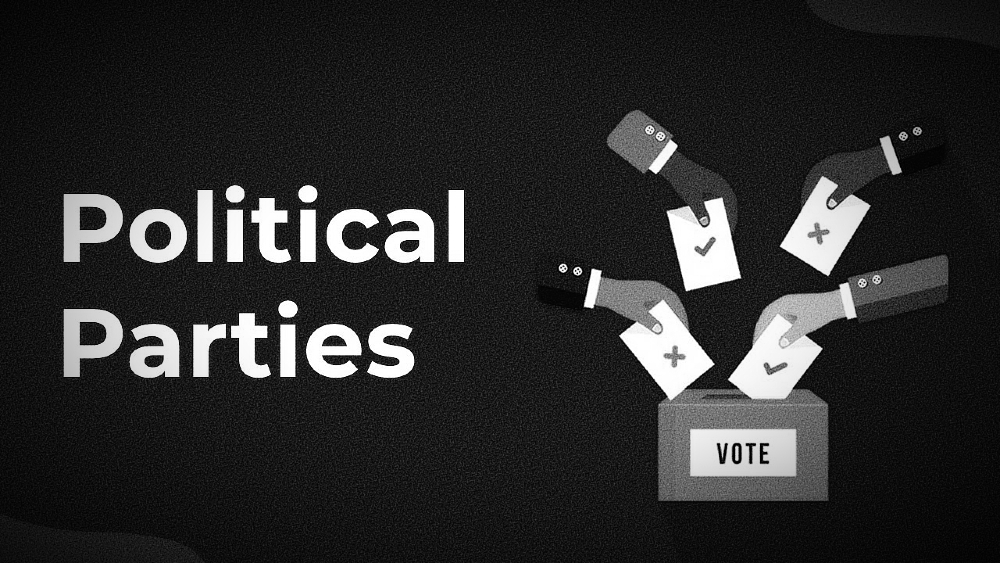Political parties play in democracy? In a large society people can exercise little public influence as individuals, but can in association with others. Political parties bring together those who share similar views and interest to campaign for political office and influence.
They perform a number of different functions. For the electorate they help simplify the electoral choice by offering board policy positions and programmes between which to choose. For governments they provide a reasonable stable following of political supporters to enable them to achieve their programmes once elected.
For the more politically committed they provide an opportunity for involvement in public affairs, a means of political education and a channel for influencing public policy.
Fair Competition
In a free and fair electoral system, the success of political parties depends upon the degree of electoral support they can win and maintain. This means that they have to keep in touch with popular opinion when farming their programmes and selecting candidates for office. If they do not, they will lose out to other parties or enable new parties to emerge to fill the vacuum.
Political parties thus constitute a pivotal mechanism through which, popular concerns are made effective in government. They will only fulfill this role, however, to the extent that the electoral competition between them is conducted’ on a level playing field’ and that some parties do not have access to government resources or means of communicating with the electorate which others are denied.
In particular this requires that parties in government be made to keep a clear separation between their government and party activities, and between the organizations appropriate to each.
Social Division
If open electoral competition between political parties is an indispensable feature or representative democracies, it is also their Achilles’ heel. Open competition for government office is socially and politically divisive, and the stakes for those involved are usually high.
A condition for democracy’s survival, therefore, is that the cost of the losing parties and their supporters of exclusion from office are not insupportable.
In particular they must have confidence in their ability to fight another electoral contest more successfully, and that their rights to organize, to campaign and to criticize the government will continue unimpaired despite their defeat.

